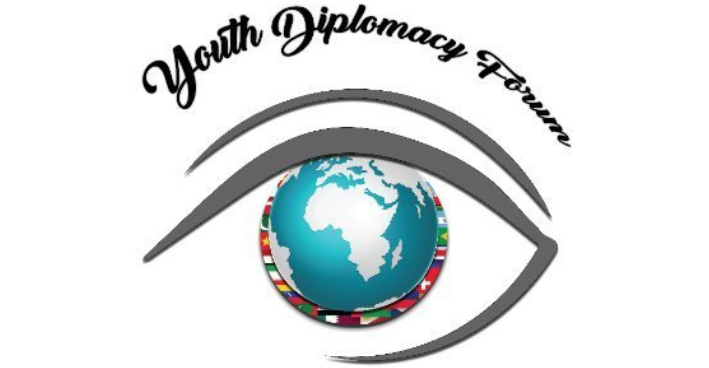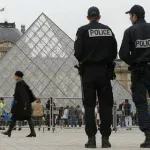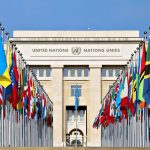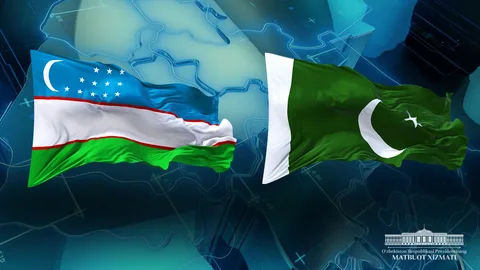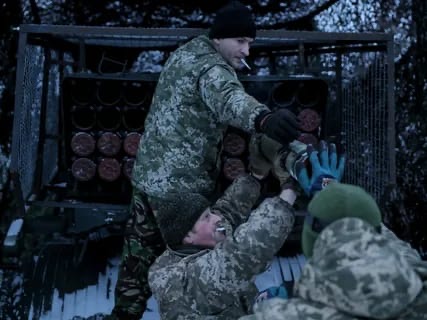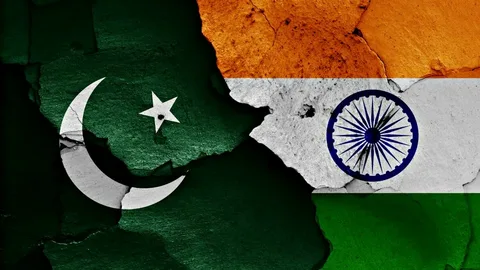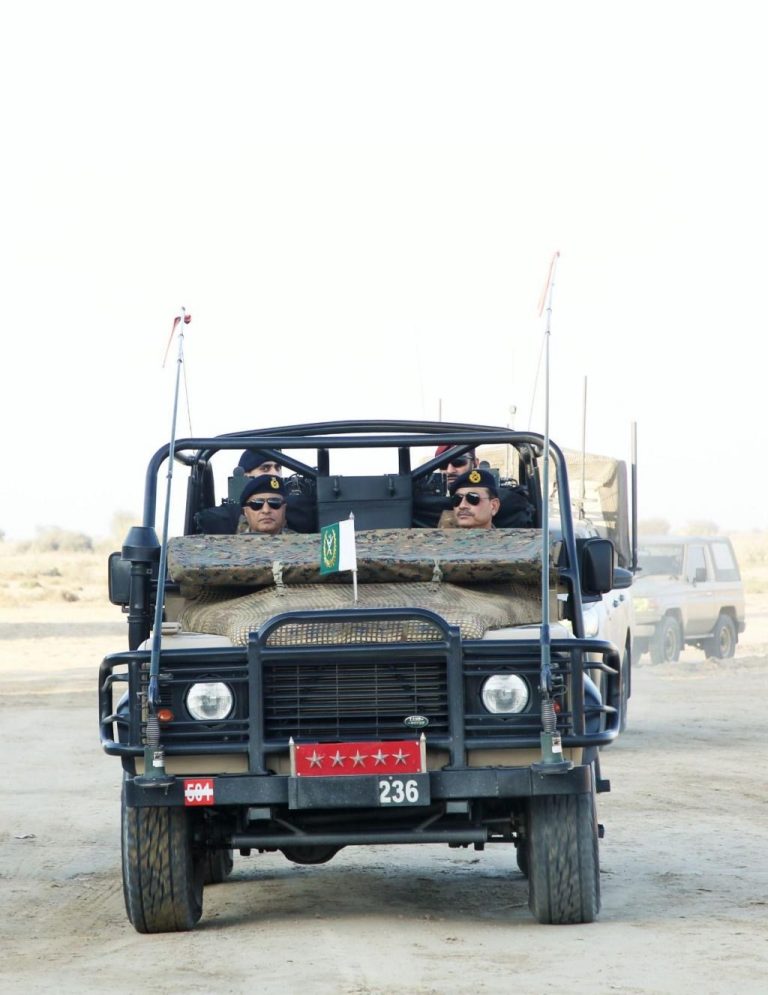How Youth Diplomacy can influence International Collaboration and Peace?
The role of youth in diplomacy is no longer merely symbolic in today’s world of rapid change; it is now crucial.
Young people are becoming more and more involved as change agents, taking on positions that were formerly filled by seasoned policymakers.
They are influencing international politics, promoting peace, and fostering international collaboration.
More than just a fad, youth diplomacy is a revolutionary movement that unites people from different cultural backgrounds, settles disputes, and creates a more inclusive future.
Young People as Peacebuilding Catalysts:
Young people are naturally able to dispel prejudices, reduce barriers, and encourage intercultural communication.
Youth-led projects have brought about noticeable improvements in community ties and peace narratives in both conflict areas and schools.

For example: To lessen intercommunal violence, youth networks have arranged peace education workshops in areas that are prone to conflict.
Young leaders, who are sometimes the first to bridge racial or cultural barriers, have been instrumental in fostering interfaith tolerance.
Youth-led internet campaigns and international volunteer initiatives are disseminating themes of solidarity and coexistence.
By promoting respect and understanding between people at a young age, youth diplomacy not only averts conflict but also prevents it.
Youth Diplomacy in Action:
Young people are practicing authentic diplomacy from New York to Nairobi. Young leaders are having an impact on international decisions, whether through official involvement in UN procedures or grassroots initiatives.
Here are some instances from the actual world:
International conferences on topics including climate change, sustainable development, and cultural diplomacy are frequently held by the Youth Diplomacy Forum.
Young activists from South Asia presented policy ideas to local governments as part of online panels that discussed regional collaboration.

Young representatives have presented new perspectives on sustainability and peace at events like the COP Climate Summits and the United Nations ECOSOC Youth Forum.
These initiatives demonstrate how youth diplomacy is influencing the global agenda now, rather than tomorrow.
How Youth Diplomacy Is Enhanced by Digital Media:
The most effective instrument available to young diplomats today is digital media. It cuts across boundaries, giving young voices a worldwide platform.
Using social media sites like LinkedIn, Instagram, and X (previously Twitter), youth-led organizations are: Sharing peace stories and diplomatic updates Organizing virtual summits and webinars Creating international coalitions and lobbying initiatives.
How You Can Participate?
You can join this movement whether you’re an activist, student, or future diplomat:
- Participate in global forums such as the Youth Diplomacy Forum.
- Engage in global discussions and Model UN simulations
- Enroll in complimentary online courses in conflict resolution and diplomacy
- Use social media to interact with and follow youth-led organizations
- Participate as a volunteer in cultural exchange and peacebuilding initiatives.
Youth diplomacy is an extension of traditional diplomacy, not a replacement for it.
The young diplomats of today are actively influencing a world that is peaceful and cooperative by embracing technology, inclusivity, and global connectivity.
At Youth Diplomacy Forum, we think that the UN Sustainable Development Goals and enduring world peace can only be achieved via empowering young people.
